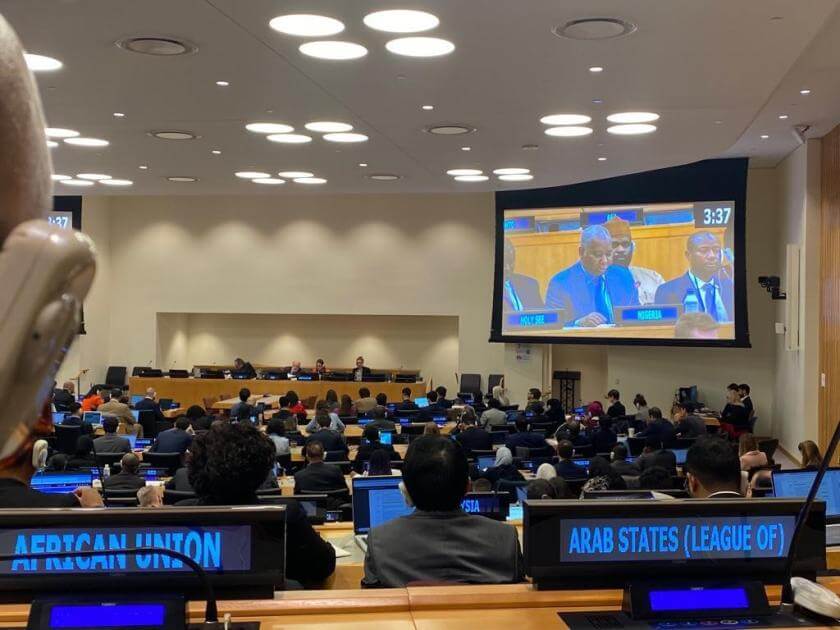On Wednesday, India voted in favour of a historic resolution seeking a greater role for the UN in international taxation by developing a “Convention on International Tax Cooperation.”
The resolution tabled by Nigeria on behalf of the African group was supported by 125 countries of the UN General Assembly. Forty-eight countries voted against the resolution, and nine abstained from voting.
The Resolution
Titled “Promotion of Inclusive and effective international tax cooperation at the United Nations,” the resolution was introduced last month. The move aims to change how global tax rules are set amid discussions on whether the UN could play a better role in ensuring better representation for developing countries in international tax matters than the Organisation of Economic Cooperation and Development (OECD).
Adopted!🎉 #UNvote #UNTaxConvention pic.twitter.com/iejFO0WAd7
— Tax Justice Network (@TaxJusticeNet) November 22, 2023
The resolution mandates the creation of a member state-led, open-ended intergovernmental ad hoc committee to elaborate a comprehensive UN Tax Convention. Taking a “holistic” approach to setting terms of reference, it seeks to finish the UN Tax Convention by June 2025 by approaching the issue of international tax cooperation as a high priority.
The resolution earned widespread support from low-income nations, while most wealthy and developed countries opposed it. Among the supporters were low or middle-income countries, including India, China, South Africa, Brazil, Russia, Nigeria and Ghana. The EU member states, the US, the UK, Japan, and Korea, were among those who opposed the resolution. Abstentions included Norway, Iceland, Mexico, and Turkey.
Welcoming the resolution, Tove Maria Ryding, Tax Coordinator at the European Network on Debt and Development, said: “The Africa Group has spearheaded a democratic tax revolution and won the right for developing countries to participate on an equal footing in the development of global tax standards.”
Threat to OECD Monopoly
The move threatens the monopoly of the Paris-based OECD, which has dominated international tax policy for decades. Founded in 1961, the OECD is a 38-member body that decides how multinationals pay tax. The body does not include any African or developing state and is therefore dubbed the ‘rich man’s club.’
Tax Justice Network estimates that over $480 billion is lost in tax income every year due to international tax abuse. For almost a decade, multilateral negotiations on a global tax treaty have been undertaken at the OECD but without success. With support from the G77 coalition of developing countries, including India, Africa demands a fair say in setting global rules.
In 2021, 130 countries signed a deal to curb corporate tax avoidance. Still, developing countries have complained that their gains will be considerably low compared to the wealthier nations in this deal. The excluded states, especially African nations, are the biggest losers from illicit financial flows and tax avoidance and have sought that global tax policy be set at the UN level.
“Tax havens and corporate lobbyists have had too much influence on global tax policy at the OECD for too long. Today, we start to take back power over global tax rules that affect all of us.” https://t.co/cLmCVpL81v
— Tax Justice Network (@TaxJusticeNet) November 23, 2023
Several OECD members, including EU countries, tried to obstruct the resolution. EU finance ministers said a UN tax body would duplicate the ongoing work in the global tax framework and would not be well equipped to deal with the matter. The developed nations led by the UK attempted to make an amendment seeking the process to be legally non-binding. This move was defeated by 107 votes to 55.
The latest resolution was eventually passed due to the overwhelming support of developing nations. It is expected to enable global tax reform and pave the way for a more effective global tax system. Advocates celebrated the resolution as a key step towards better representation for developing countries but warned against efforts by the richer countries to delay the long-awaited reforms.

